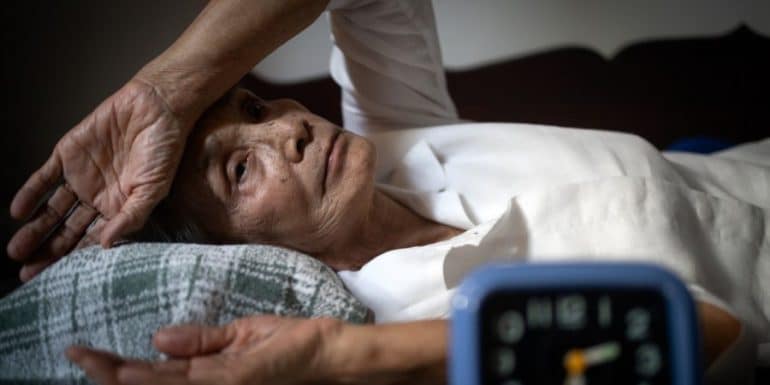Just a 1% decrease in deep sleep per year in people over 60 translates to a 27% increased risk of dementia, according to a study published in the journal JAMA Neurology.
The study, led by Matthew Pace, associate professor at the Monash School of Psychological Sciences and the Turner Institute for Brain and Mental Health in Melbourne, Australia, looked at 346 participants over the age of 60 who took part in two sleep studies during during the night during the time periods 1995-1998 and 2001-2003. Participants were then monitored for dementia.
The researchers found that on average deep sleep decreased in duration between the two studies indicating a loss of this stage of sleep with aging. They also found that each percentage decrease in deep sleep per year was associated with a 27% increase in the risk of dementia in later life. Even after adjusting for age, sex, genetic factors, smoking, use of hypnotics, antidepressants or anxiolytics, the association remained the same.
As Mr. Pace explains, deep sleep, or slow-wave sleep, "supports the aging brain in many ways, and we know that sleep increases the removal of metabolic waste from the brain, including facilitating the removal of proteins that build up in Alzheimer's disease." .
Source: RES-EAP
